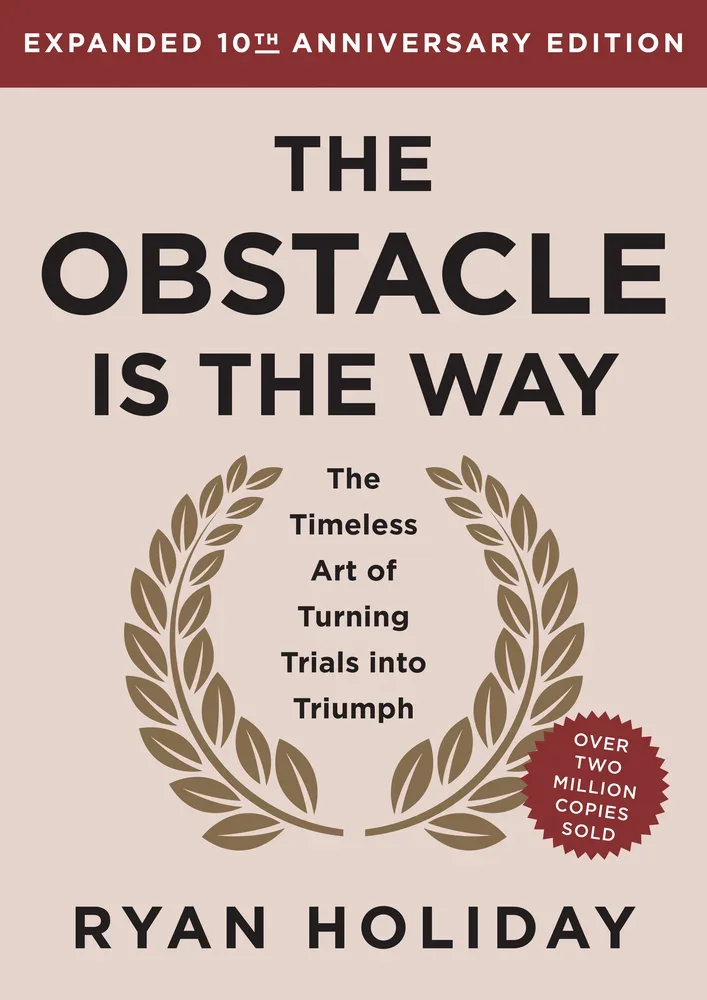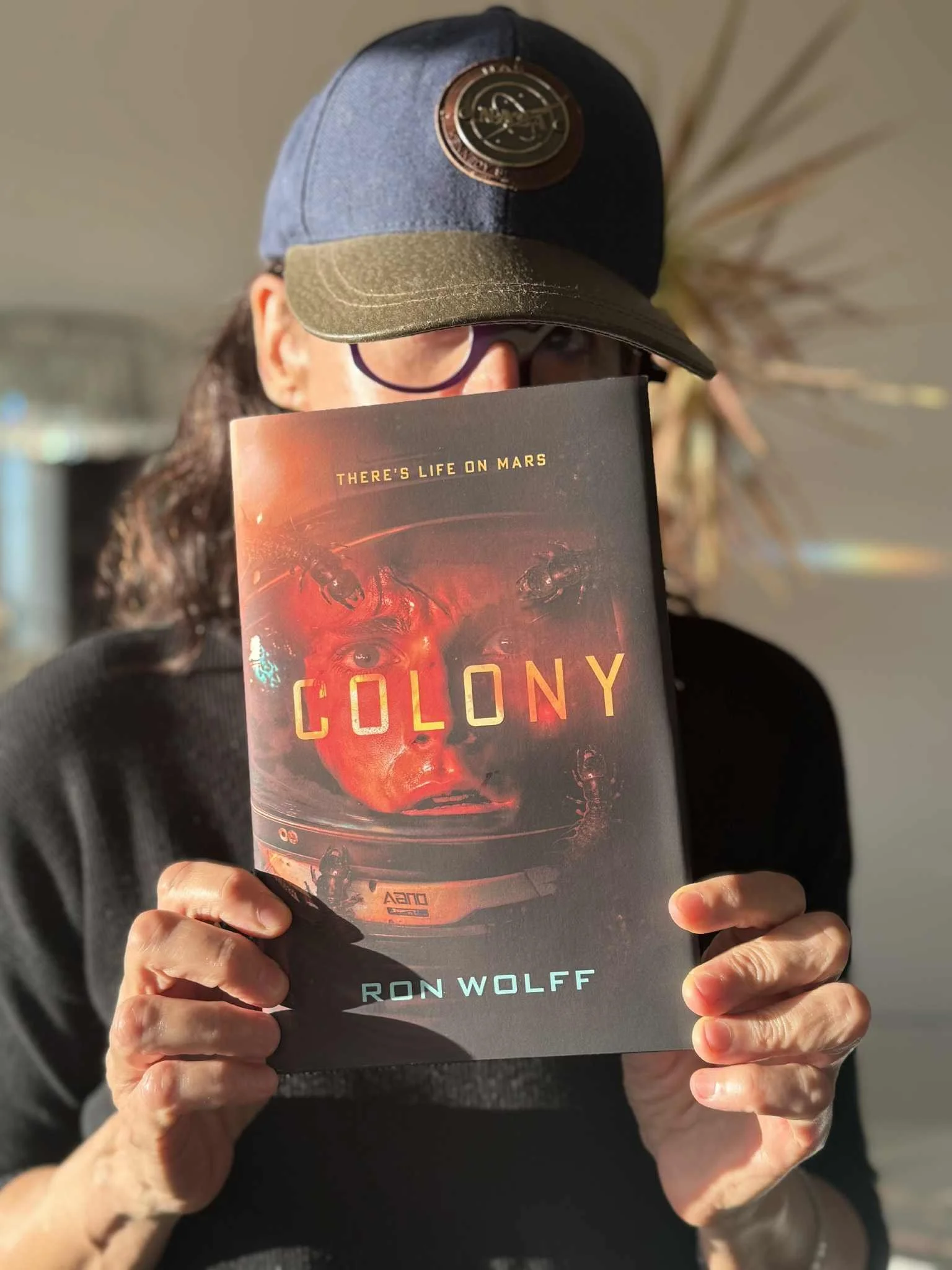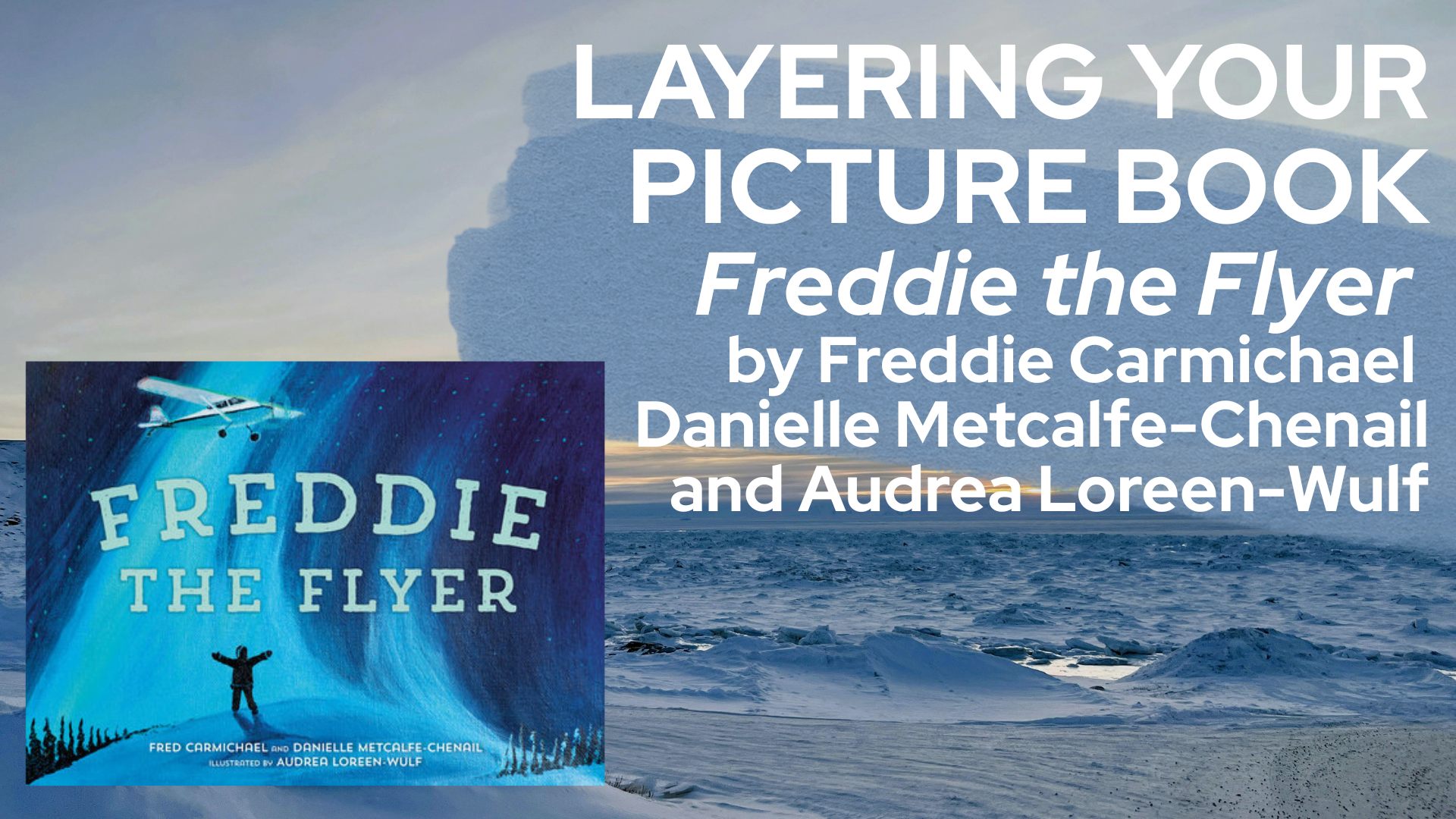Ron Wolff: Joy Is Your Long Game
KidLit Craft is back with another Snack-Sized Author Interview. In this series, we ask authors five quick questions that give us insight into their craft and process. Today we’re talking with author Ron Wolff.
I met Ron in a writing class, and when Ron asked for readers for a new novel, I jumped at the chance. Colony is a fantastic read, with tension among the characters and between the characters and the harsh environment of Mars. If you’re looking to study character development, pacing, setting, or any other element of craft, or if you’re looking for a great read to enjoy, check out Colony. Ron, as you’ll see in this interview, is a generous, sensitive, and encouraging human and writer. –Anne-Marie
Welcome, Ron!
Question 1: What's your writing superpower?
Tapping into emotion. I moved around a lot growing up and was always the new kid, hovering just outside the group. I still keenly recall my excruciating self-consciousness—overanalyzing every word, every glance, the deep desire to belong, and the fear that I never would. I became a master at standing in the corner and silently reading the room. That sensitivity has stayed with me. When I write characters, I tune into that inner static that—I’ll be honest—never fully went away.
Question 2: What’s an element of craft you explored in your latest project and what tips can you share with other authors for growing in their use of that particular element?
Pacing. I wanted Colony to feel like watching a movie—tight, urgent, relentless in all the right places. I thought a lot about jump-scares and “edge of your seat” moments. I played endlessly with paragraph length, clipped dialogue, and tonal shifts. It’s something I’m obsessed with—how sometimes longer paragraphs increase tension, while other times, shorter is better. Paragraph breaks have become my yellow wallpaper—obsessive and possibly over-emphasizing the pattern of it all. As for tips, I don’t know that I have any groundbreaking wisdom to share beyond read widely and actively, and then re-read. I learn as much from books that don’t grab me as I do from the most gripping page-turners.
Question 3: If you could travel back in time, what advice would you give yourself as a new author?
Write what gives you joy, not what seems like it might sell. Colony started as a just-for-me project. I was a little down, a little disillusioned, and I poured all my weird obsessions into one big cauldron. I love space. I wanted to research bugs. I wanted to imagine the horror of life in a pressurized dome. I wanted to explore what it might feel like to meet other kids for the very first time. I threw it all in, stirred it around, and out came Colony. It was the most creative fun I’d had in years. I write under another name too, and there, I’ve chased the market and it only burned me out. Writing is hard. Publishing can be brutal. You have to seek joy more aggressively than you seek sales. Joy is your long game.
Question 4: What inspires you as a writer?
Smart, passionate teens. I hit a point while writing Colony where I asked myself, “Could teenagers really help run a Mars station?” And then I started volunteering at the Marine Mammal Center in Sausalito. There’s a youth crew there—older high school students—and I would trust any single one of them to run a space station. I already trust them to have my back in a pen full of bitey sea lions. These kids are awesome—bright, curious, conscientious, wildly capable, and deeply committed to the work. They’re the reason I believe the future might be okay.
Question 5: What’s one book you think every kidlit author should read?
The Obstacle is the Way by Ryan Holiday, which draws on Stoic philosophy to show how historical figures turned “trials into triumph.” I’m a little obsessed with the Stoics, and Holiday does an amazing job making their teachings accessible. It’s redefined how I approach challenge and resilience, both on the page and in my own life. Turning pain into purpose isn’t just good character work for a YA novel; it’s a great lesson for surviving publishing. The Stoics would remind us: you can’t control what happens to you; you can only control your response.
Bonus Question: What can fans look forward to next?
I’m taking the sci-fi thrills off-planet and into space. In the sequel to Colony, I’m leaning even harder into claustrophobic horror. The "Alien" movie franchise is one of my all-time favorites, and I’m playing with a story that lives in that emotional space—tight corridors, flickering lights, and a creeping sense that something isn’t just wrong…it’s watching. And naturally, there will be new and different creepy-crawlies to contend with.
Ron Wolff loves outer space, high-stakes survival, and epic fight scenes. When a sentient Venus flytrap introduced Ron to a stack of contraband space tales, a cosmic obsession was born. Ron will never forgive gravity, trusts insects more than people, and believes the most important survival skill is knowing when to run. Especially on Mars.
Ron Wolff is the pseudonym for a bestselling author of more earthbound fiction.
Check out Ron’s websitewww.ronwolffbooks.com.







